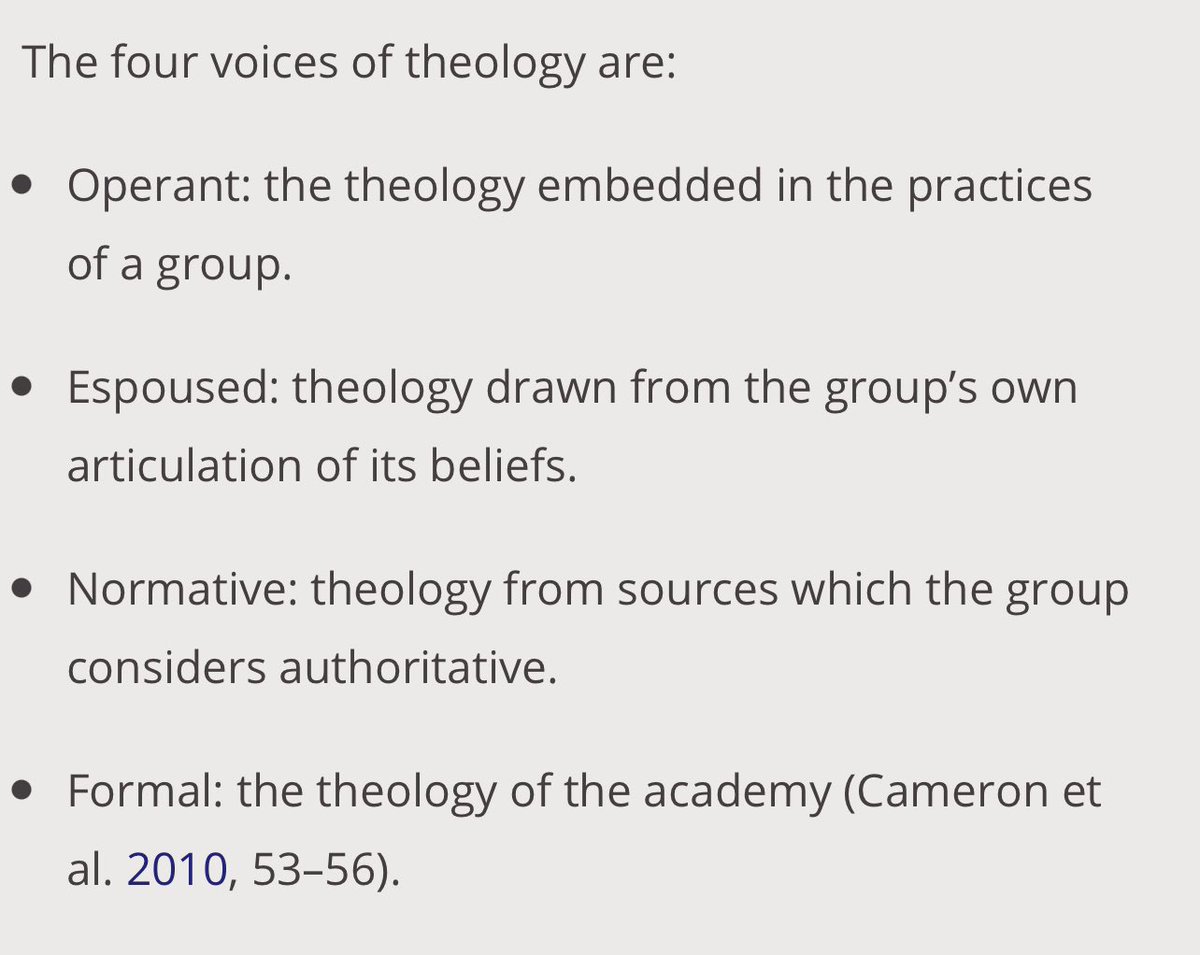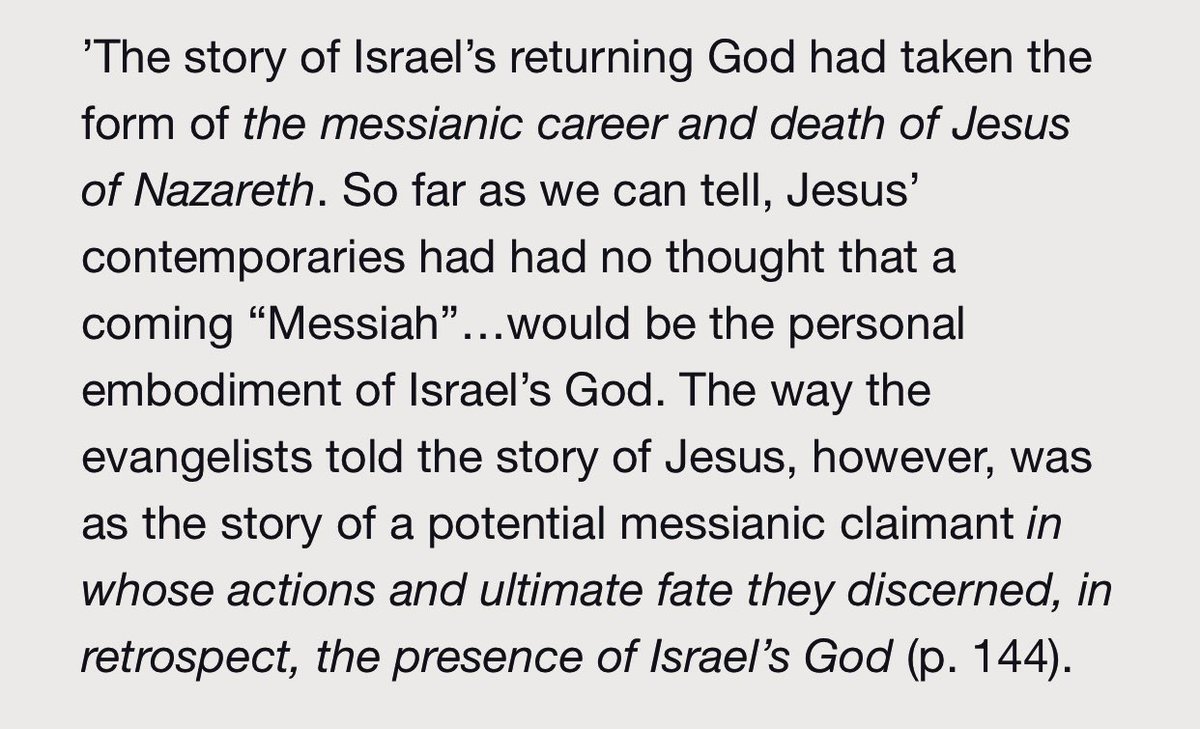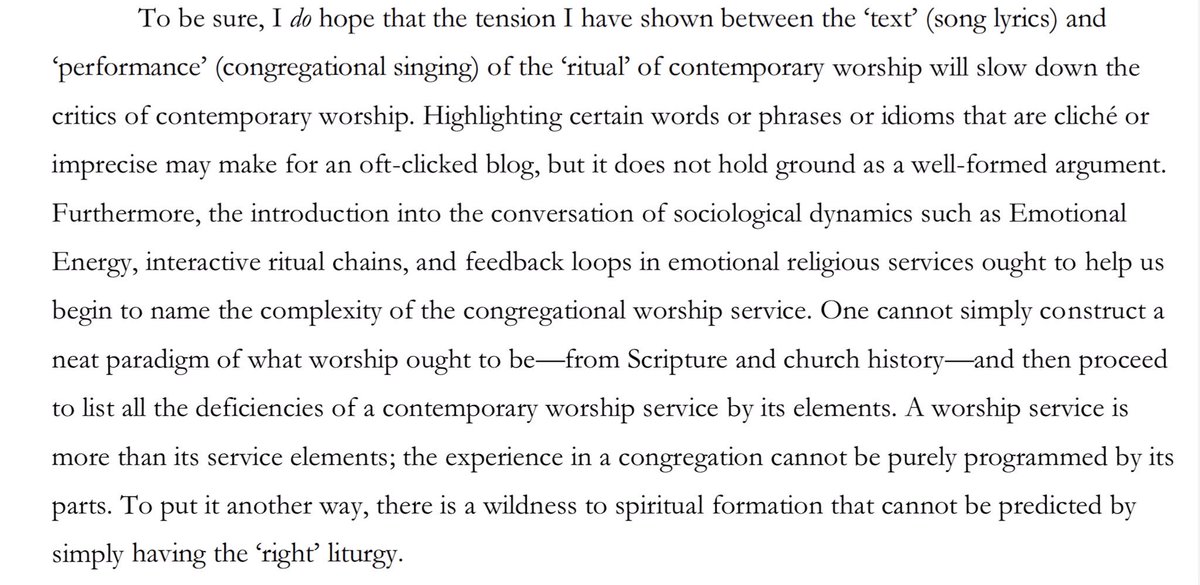
Lead Pastor @Rockharbor |Sr Fellow @barnagroup |Trained Theologian (DThM @durham_uni) |Author: What’s A Christian, Anyway? +8 | Co-host:Resilient Pastor Podcast
How to get URL link on X (Twitter) App


 Over the years, we’ve written about the likes and dislikes, their little quirks and idiosyncrasies, their memorable little one-liners or retorts. For each child, there were far more entries in their early years.
Over the years, we’ve written about the likes and dislikes, their little quirks and idiosyncrasies, their memorable little one-liners or retorts. For each child, there were far more entries in their early years. 

https://twitter.com/michaeljrhodes/status/1437861080936636425…dominated by a handful of conglomerates/power houses is like stopping in a gas station and lamenting the lack of local produce or organic meat. These lists reflect which songs have the most market share, but not necessarily which songs are most likely to be sung in an average..


